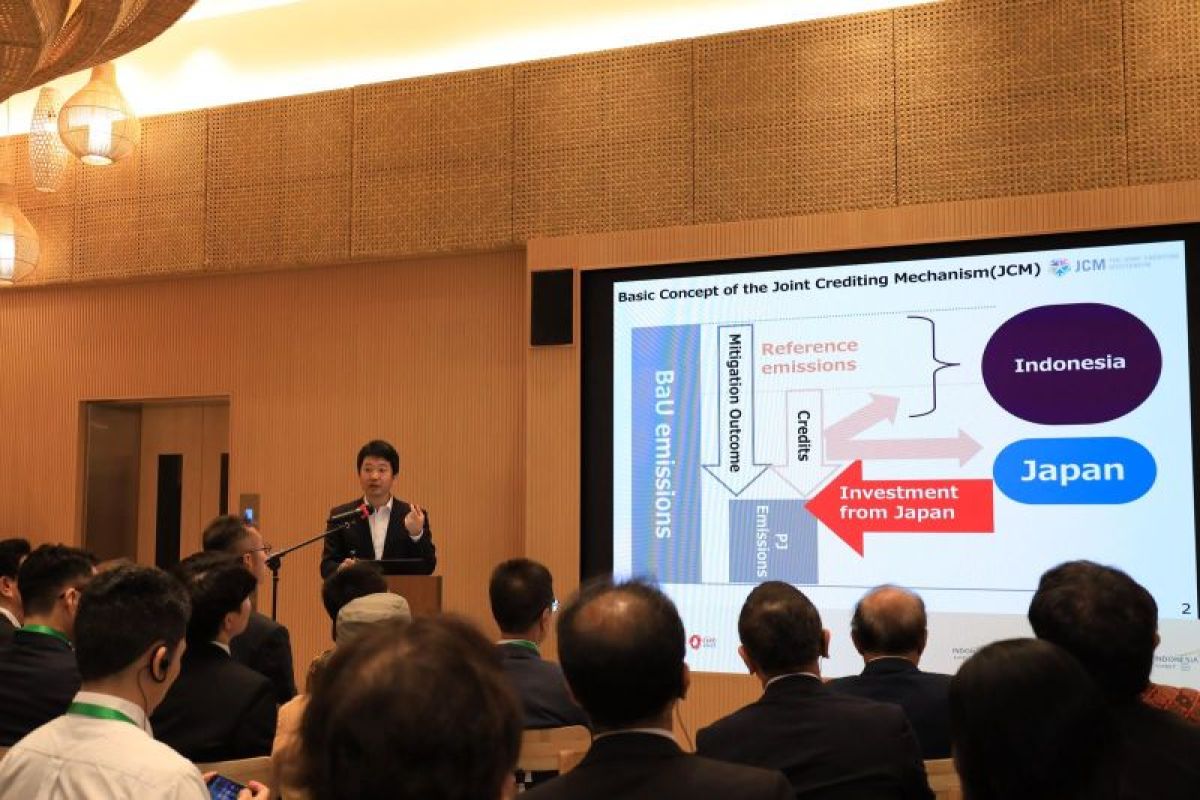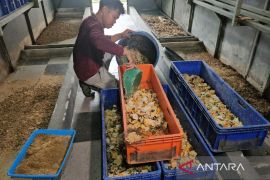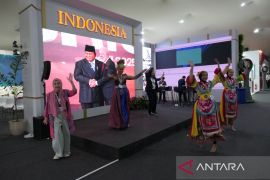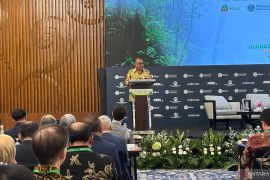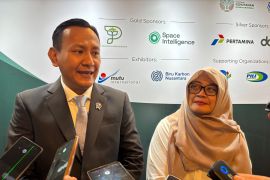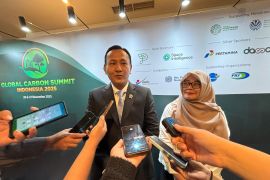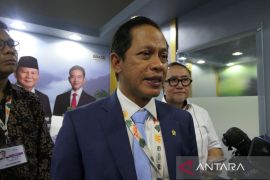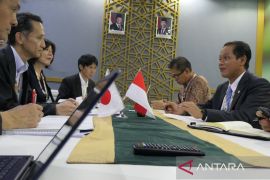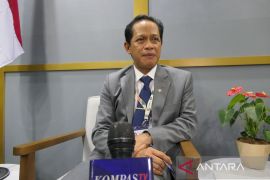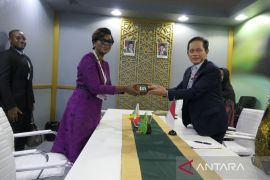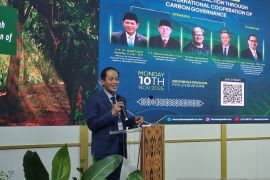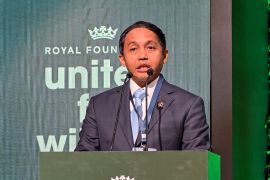In a business forum attended by stakeholders from the public and private sectors from both countries, APHI presented the government’s flagship program—the Food and Land Use Coalition (FOLU) Net Sink 2030—which targets the forestry and land use sectors to become net emission absorbers by 2030.
"This program is Indonesia's main framework in achieving its climate commitments and encouraging the establishment of a credible and sustainable international carbon market," the association’s general chairperson, Indroyono Soesilo, said in his statement on Sunday.
He explained that the launch of the Indonesian Carbon Exchange (IDX Carbon) marked a new chapter in the national green economic transformation.
Indroyono stated that Indonesia not only protects forests but also monetizes the protection into a global asset.
On that occasion, the implementation of the Mutual Recognition Arrangement (MRA) between Indonesia and Japan was also discussed, which allows cross-country recognition of carbon certification.
This is a great opportunity for nature-based carbon projects such as peat restoration and mangrove rehabilitation to attract Japanese investors.
"This collaboration is not just a technical mechanism but a real trust and shared leadership in the global climate agenda. We invite the world, especially Japan, to invest in climate solutions based on Indonesia's tropical forests," FOLU Net Sink 2030 advisor Agus Justianto noted.
In the forum, a memorandum of understanding (MoU) was signed between Indonesian business actors and Japanese partners, including projects based on nature solutions and biodiversity protection.
Indonesia emphasized that the potential of the mangrove ecosystem to absorb carbon is five times greater than the land ecosystem.
With stronger regulations, more transparent measurement, reporting and verification infrastructure, and policy support from the government, director of the Indonesian Pavilion Didik Darmanto said that Indonesia is ready to become the world's main provider of tropical forest-based carbon credits.
"This business forum is the starting point for the new partnerships towards an inclusive and equitable low-carbon economy," he said.
On January 20, 2025, Indonesia officially launched its international carbon market. Its domestic carbon exchange platform, IDX Carbon, allows the trading of carbon credits between the country’s electric power plants.
With the market open to foreign investors, Indonesia hopes to draw greater investment into its climate mitigation efforts.
Carbon trading will involve several potential strategic energy projects, such as the operation of the Gunung Wugul Mini-Hydro Power Plant (PLTM), which is projected to reduce five thousand tons of carbon dioxide equivalent (CO₂ eq).
It will also involve operating the New Natural Gas Power Plant, the Priok Block 4 Gas and Steam Power Plant (PLTGU), converting single-cycle power plants to combined cycles at the Grati Block 2 PLTGU and Block 2 power plant units in Muara Tawar, and constructing the New Natural Gas Power Plant, PLTGU Block 3 PJB Muara Karang.
According to the Ministry of Environment, these large projects are estimated to be able to reduce emissions by up to 750 thousand tons of CO2 eq, making a significant contribution to efforts to decarbonize the energy sector.
Related news: Indonesia expands carbon trading agreements with multiple countries
Related news: Indonesia moves to prevent carbon market manipulation
Related news: Indonesia targets nine industries for carbon trading by 2027
Translator: M. Baqir Idrus Alatas, Yashinta Difa
Editor: Azis Kurmala
Copyright © ANTARA 2025
